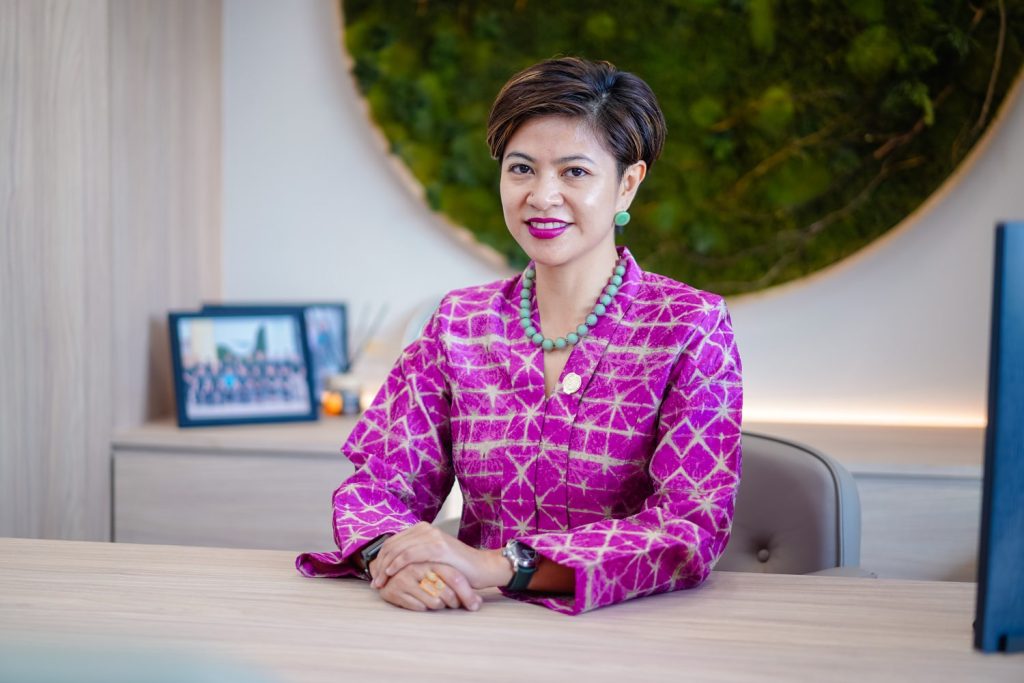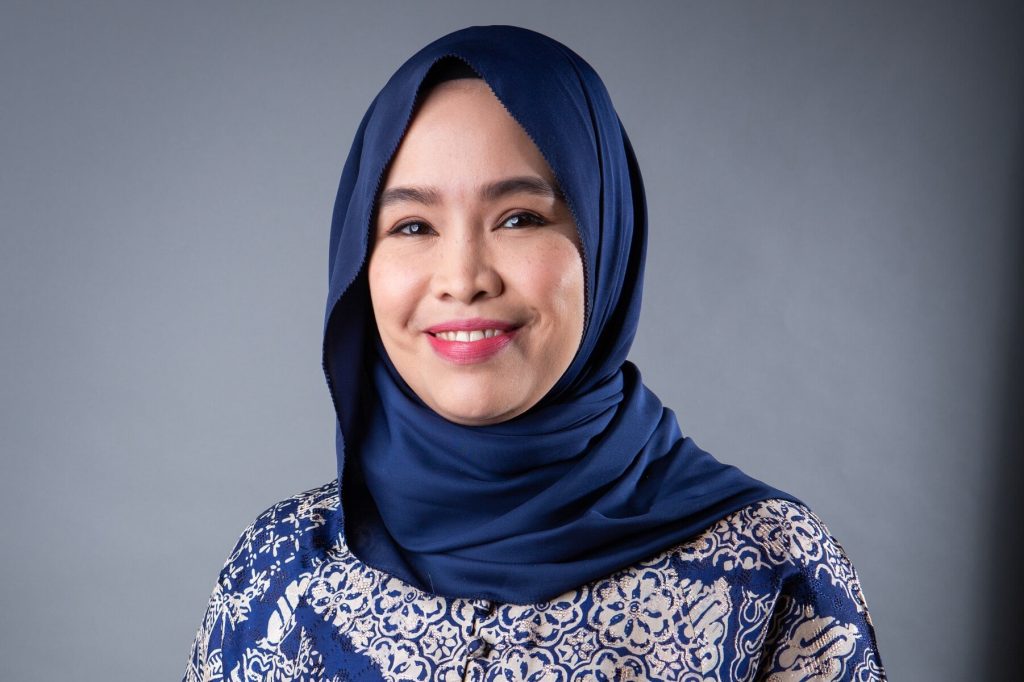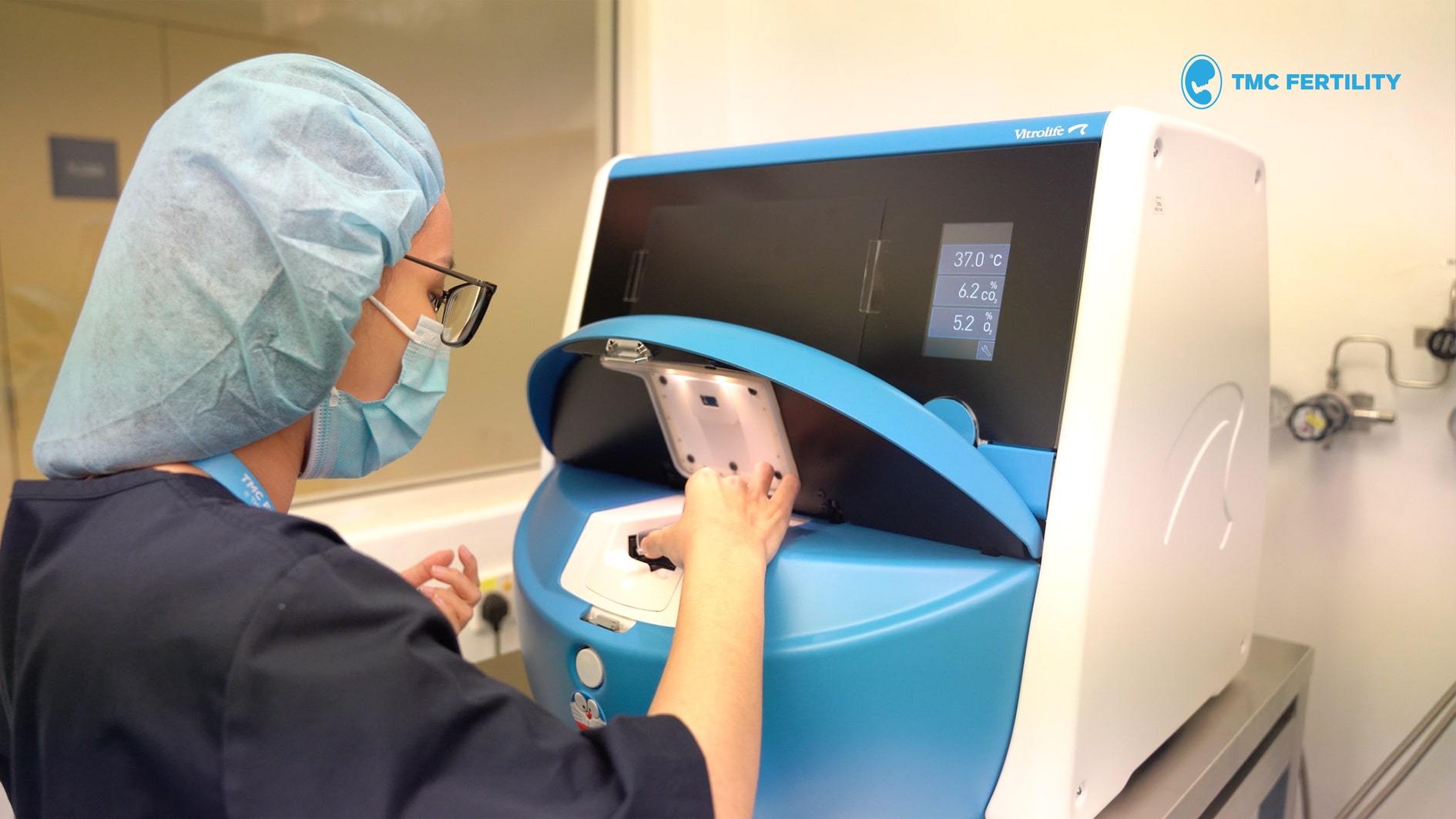KUALA LUMPUR, August 18 – Thomson Hospital Kota Damansara (THKD) has been providing fertility services for nearly three decades, setting itself apart from other private hospitals as an early pioneer in fertility treatment.
The award-winning tertiary hospital – owned by TMC Life Sciences Berhad – offers a wide range of fertility services. TMC Fertility at Thomson Hospital boasts pregnancy rates comparable to top centres around the world.
THKD, located in Kota Damansara, Selangor, is equipped with one of the biggest in-vitro fertilisation (IVF) laboratories in Southeast Asia, offering a comprehensive range of reproductive treatments, including egg freezing and genetic screening.
TMC Fertility’s other services include intrauterine insemination (IUI), intracytoplasmic sperm injection (ICSI), personalised embryo transfer, embryoscope (time lapse imaging), surgical sperm retrieval, and advanced keyhole surgery, among others.
TMC Life Sciences group CEO Nadiah Wan cited the company’s advantage in fertility services due to its long history, starting as Damansara Women’s Specialist Centre in 1994, and the training of fertility specialists and embryologists at THKD.
She also highlighted a growth in revenue, primarily driven by the company’s fertility business that targets both local and international patients, besides higher patient numbers at its tertiary hospital.
“We are now focusing a lot on women and children services. We do see a niche there.
“Our hospital has always been known for fertility in women and children, but now we are moving into more paediatric subspecialties as well, and doing a lot of surgeries that even our neighbouring countries have difficulty accessing,” Nadiah said.
THKD provides international patient services, such as airport transfers, hotel bookings, and local transport arrangements. Their international patient liaison team is fluent in various languages, including English, Malay, Chinese, and Tamil, and can also get interpreter services.
TMC’s fertility services attract health care travellers as part of Malaysia’s medical tourism, particularly female patients from China, Indonesia, and Singapore. Nadiah said international clients are drawn to TMC’s proximity and high-quality services, as certain treatments like IVF and egg freezing are illegal or difficult to access in their home countries.
At the 2023 GlobalHealth Asia Pacific Conference and Awards in Bali, Indonesia, last May, THKD won the award for advanced paediatric service provider of the year in Asia Pacific, while TMC Fertility was awarded fertility service provider of the year in Asia Pacific.
Aside from international patients, THKD is highly accessible to Malaysians. The TMC flagship hospital – located in close proximity to Tropicana, Mutiara Damansara, Damansara Perdana, Damansara Utama, and Bandar Utama – is well linked to Kuala Lumpur via road and also MRT (the Kota Damansara MRT station is located just beside THKD).
Couples Who May Benefit from IVF Services

THKD is about “celebrating life”, in line with TMC Life Sciences’ aspiration to be the most valuable women and children health care group in Malaysia, based on the pillars of accessibility, accountability, and sustainability.
Dr Khairun Marina Bachok, a consultant obstetrician, gynaecologist and fertility specialist at TMC Fertility, explained that IVF services are usually provided to couples who previously failed to conceive naturally with fertility services like medication or insemination; women with fertility problems like blocked fallopian tubes, ovulation issues, or endometriosis; as well as men with low sperm count or low-motility sperm.
The fertility specialist added that having previously given birth does not guarantee future pregnancy.
“A few things can happen – some people initially had no problems with ovulation, but after childbirth, they face ovulation issues. Sometimes, their fallopian tubes are blocked because of infection,” Dr Khairun Marina said.
“We also don’t know if the patient previously underwent an operation that had nothing to do with pregnancy or they may have had a burst appendix in the past. These things can also cause problems with the fallopian tubes.”
She stressed that a previous miscarriage doesn’t preclude one from seeking IVF services, as many women who’ve had miscarriages can get pregnant naturally.
The IVF process takes about two to three weeks: first, the woman receives hormone treatment to stimulate ovaries to produce multiple mature eggs; second, mature eggs are removed with a fine needle; third, eggs are fertilised with sperm in laboratory culture dishes and resulting embryos are grown in an incubator; and finally, healthy embryos are transferred to the uterus.
“The most important factor in the success or failure of IVF is actually age. We find that patients aged under 40 years old have a higher chance of success compared to those aged above 40,” Dr Khairun Marina said.
According to WebMD’s health and pregnancy guide, a woman’s eggs reduce in number with time, as one is born with all the eggs she’ll ever have in life, about one million. About 300,000 eggs may be left by the time a girl hits puberty; this drops to just 25,000 by age 37, or 2.5 per cent of her starting count.
“That matters because the fewer eggs in your ovaries, the lower your odds for conception.”
Male infertility, however, is also on the rise in Malaysia. Women, Family and Community Development Deputy Minister Aiman Athirah Sabu told the Dewan Negara last April that 60 per cent of sperm analysis data by the National Population and Family Development Board (LPPKN) showed abnormal results.

Dr Khairun Marina said IVF starts at RM14,000 on average, excluding stimulation medications and depending on the treatments used. The cost will differ based on the amount of stimulation medication needed.
“But if you compare with other countries, IVF in Malaysia can be considered to be cheaper. Now, we also have initiatives where we can claim back money from EPF (Employees’ Provident Fund) for IVF.”
TMC Fertility – which has the largest network of fertility centres in Malaysia located in Kota Damansara, Puchong, and Kepong in the Klang Valley; Penang; Ipoh, Perak; and Johor Baru, Johor – was listed in the Malaysia Book of Records in 2013 for the highest number of IVF babies produced by a single practice: 3,210 babies from 1994 to 2013.
The fertility practice then won the same award in 2018, with a total of 5,388 babies.
TMC Fertility also produced Malaysia’s first frozen embryo baby and first preimplantation genetic testing baby.
With accreditation from the Malaysian Society for Quality in Health (MSQH) and the Reproductive Technology Accreditation Committee (RTAC), THKD promises accountability as a trusted health care provider.
“Now, as a group working also together with Thomson Medical Group, Thomson Fertility, we’re looking at building a regional platform. So, we are having growth aspirations, not just in Malaysia, but also the region,” Nadiah said.









